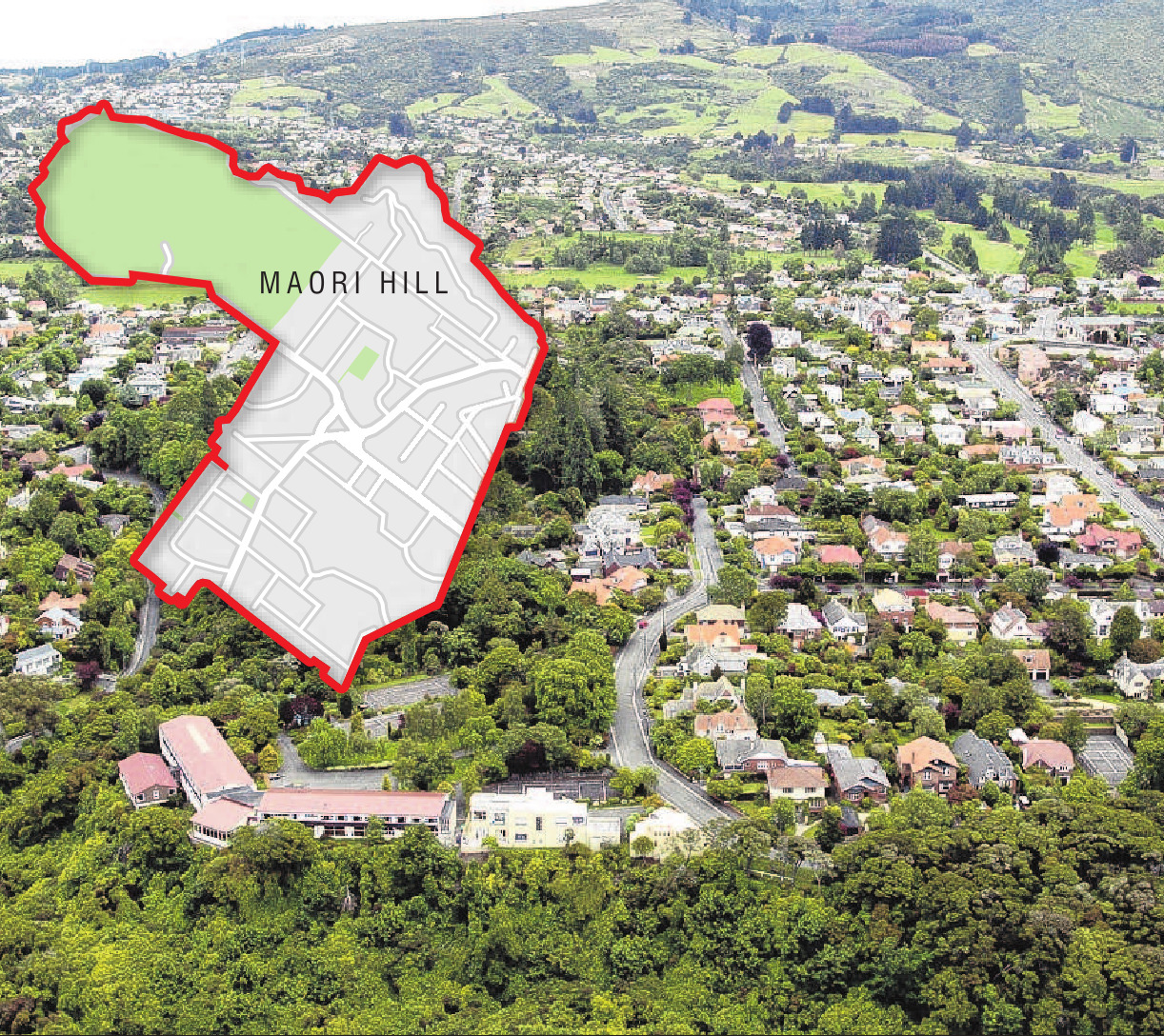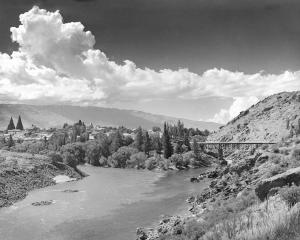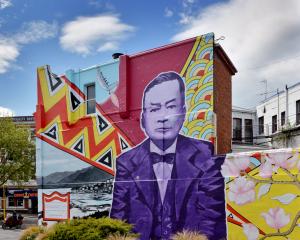
This week I was going to go to Maori Hill and sit in a cafe and do a head count of how many Maori there are in Maori Hill aside from my reflection in the glass. I had hopes that this would get me in trouble with the privileged citizens of our richest suburb. Someone tried to tell me St Leonards is where the real rich people live, but I think he was just compensating for the fact he lived in Ravensbourne, and that somehow this made him rich-adjacent.
Really, Maori Hill is our Remuera, although it’s old money with nothing to prove so sometimes the rich people even catch a bus to run their Presbyterian messages. I feel for them this week as they sit trapped in their mansions ordering bespoke coffee beans and good linen online. I really do. Money doesn’t seem much of an insulation against loneliness. Besides, they will probably taste better than the rest when the revolution comes, even the stringy old birds.
My head count also had the potential to get me in trouble with other Maori and I did not relish the thought of that. At all. Because it is the dark twin of that vexing question: How Maori are you? To which the obvious answer is, more Maori than Maori Hill.
But you can’t really tell if someone is Maori by looking at them; it’s about whakapapa, or the blueprint of your genealogy. Especially here in the South, where Kai Tahu women weaved their high status into the lives they built with Pakeha whalers and interlopers early in our shared history. Just because someone is pale with a Pakeha nose doesn’t mean they don’t exhale the mauri of their ancestors. Maori were into Ancestry.com before it was cool.
And lately, I’ve been thinking about Alice*, who was my favourite resident at the rest-home where I worked and was formerly of Maori Hill. She had an apartment in a ’60s block towering above the rest of the suburb before they were fashionable or necessary. She told me she lived in the penthouse, where the view of the city was almost a full circle. Her granddaughter lived in the bottom apartment and would go up to her when she fought with her mother. The penthouse was a refuge to the little girl and something of a prison for Alice as a wife.
Alice announced once that she would never forgive the Maoris for what they did to her brother, a crime that had something to do with taking back our land. It was the middle of lunch so I retorted here is a Maori taking away your plate. Alice chuckled with grace because there was still food left on the plate and it was our deal that she didn’t have to eat the foul pureed mess because the nurse was fixated by her non-existent appetite. I watched her try to force-feed Alice once; in my memory of it I protested but maybe I really said nothing and just watched in mute horror.
When I left that rest-home to work at Little Sisters of the Poor, Alice asked me if she could come too. I told her that I didn’t think they took rich people, which proved to be callous ignorance on my part. I mean, some of the residents there seemed much richer than her. And compared with the last place I worked it was like paradise with a small p for the pampered residents, some of whom were genuinely poor.
To make amends for deserting Alice I visited her grave. Her maiden name was from the first Pakeha waka to arrive full of settlers in Port Chalmers and now here she was with a view up the sparkling harbour to Aramoana. There was also a signed card from her granddaughter and her wee girl placed on the grave’s fresh dirt telling Alice that they loved her. Even though the nurse had hissed at me to remind me Alice had dementia, here was proof her stories were real and so was the aroha. Besides, I checked her file, and there was no official diagnosis.
When she was alive Alice was insistent that one of the other residents who really did have dementia was turning up in her room in the middle of the night with the intention of murdering her. I asked her how they got on during the day. Oh, we’re great friends, she said. And even though I prided myself on giving residents a nice shower, the same midnight assassin asked if I’d been sent to kill her when I helped her undress for one during our busy morning run. Considering we are all stuck inside now fighting an invisible threat that could kill our elderly, it seems almost prophetic on her part when I remember it now.
Isn’t it better to look out a window than be distracted by your own jarring reflection? If I had sat in that imaginary cafe in Maori Hill trying to do a trite head count of my own people I might have missed meeting someone I felt as akin to as Alice. A stringy bird, who had big, round knowing eyes like an owl and was also far too tough to be eaten.
*Not her real name













